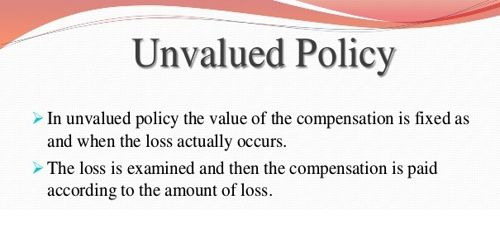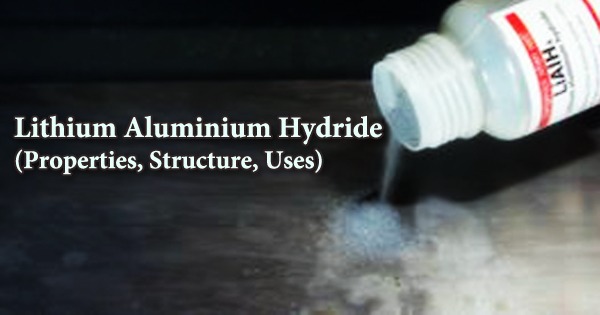Unvalued Policy
An unvalued policy is a policy which does not specify the value of the subject-matter insured, but is subject to the limit of the sum insured. It is a type of marine policy in which the value of the subject matter is left undeclared. This value is determined later on. It leaves the insurable value to be ascertained by specified means in advance. The policy may have a maximum specified payment.
“An unvalued policy is an insurance policy in which the absence of prior agreement leaves losses to be settled on the basis of indemnity. It requires proof of the property’s worth upon loss.”
Unvalued policy means an insurance policy that does not specify the value of the subject-matter insured, but, depending upon the limit of the sum insured, requires the ascertainment of the insurable value. It is an insurance policy for a property that has a sum insured shown for each item although the insurers do not acknowledge that this figure is its actual value. An unvalued policy requires proof of the property’s worth upon loss. As a result, if a claim is made the insured must provide proof of the value of the item lost, damaged, or stolen before a payment will be made. It is also called an open policy.

An unvalued Policy is one which does not specify the value of the insured subject-matter, but, in the event of loss, leaves the “insurable value” to be ascertained at a later date. It is an insurance policy in which the absence of prior agreement leaves losses to be settled on the basis of indemnity. The items which may legitimately be taken into account when calculating the “insurable value” of ships, cargoes, or freight are laid down in Section 16 of the Marine Insurance Act 1906. An unvalued marine policy is an insurance policy that does not specify the value of the marine asset covered, such as a ship’s hull or cargo. For example, the “insurable value” of cargo is defined as the prime cost of the goods (prima facie the invoice cost) plus the shipping and insurance charges. Unlike with a valued marine policy, the insurer only assesses property value and damages after the policyholder files a claim, rather than determining it beforehand. Any claim under the Policy will of course be subject to the overall limit of the Sum Insured.















